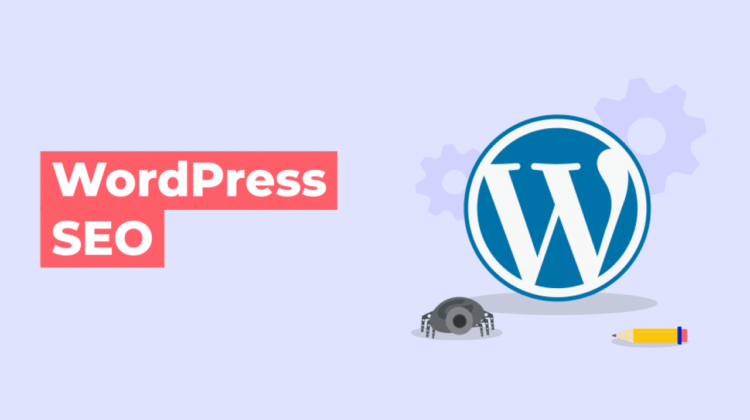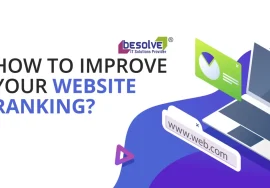
SEO Best Practices for WordPress in 2024
SEO Best Practices for WordPress in 2024
WordPress, the world’s most popular content management system (CMS), empowers millions to create stunning websites. However, building a successful online presence requires more than just attractive design; it demands effective Search Engine Optimization (SEO). This article delves into essential SEO best practices tailored for WordPress websites in 2024.
On-Page SEO
Keyword Research and Optimization
- Identify Relevant Keywords: Utilize tools like Google Keyword Planner, SEMrush, or Ahrefs to discover keywords and phrases your target audience searches for.
- Keyword Placement: Integrate primary keywords naturally into your content, including titles, headings, meta descriptions, and body text.
- Keyword Density: Maintain a balanced keyword density to avoid over-optimization, which can harm your rankings.
Content Creation and Optimization
- High-Quality Content: Produce valuable, informative, and engaging content that addresses your audience’s needs.
- Content Structure: Use headings (H1, H2, H3) to organize your content and improve readability.
- Image Optimization: Optimize images with descriptive alt text and compress them for faster loading times.
Meta Tags and Descriptions
- Compelling Titles: Create concise and informative title tags that accurately reflect your content and include target keywords.
- Engaging Descriptions: Write persuasive meta descriptions that entice users to click on your search results.
Technical SEO
Website Performance
- Page Speed: Optimize images, leverage browser caching, and utilize a Content Delivery Network (CDN) to improve website speed.
- Mobile-Friendliness: Ensure your website is fully responsive and provides an excellent user experience on mobile devices.
- HTTPS: Implement an SSL certificate to secure your website and enhance user trust.
XML Sitemap
- Generate Sitemap: Create an XML sitemap to help search engines discover and index your website’s pages.
- Submit Sitemap: Submit your sitemap to Google Search Console for better crawling efficiency.
Robots.txt
- Control Crawling: Use a robots.txt file to instruct search engines which pages to crawl and index.
Must Read: 10 Time Management Hacks to Transform Your Day
URL Structure
- Clear and Descriptive: Create user-friendly and SEO-friendly URLs containing relevant keywords.
- Avoid Duplicate Content: Implement canonical tags to address duplicate content issues.
WordPress SEO Plugins
- Yoast SEO: A popular plugin offering comprehensive SEO features, including keyword optimization, readability analysis, and social media integration.
- All in One SEO Pack: Another widely used plugin providing similar functionalities as Yoast SEO.
Off-Page SEO
Link Building
- High-Quality Backlinks: Acquire backlinks from reputable websites to improve your website’s authority.
- Guest Posting: Contribute guest posts to relevant websites in your industry to build backlinks and expand your reach.
- Broken Link Building: Find broken links on other websites and offer your content as a replacement.
Social Media Marketing
- Active Engagement: Share your content on social media platforms to increase visibility and drive traffic.
- Social Signals: Build a strong social media following to enhance your website’s authority.
Local SEO (If Applicable)
- Google My Business: Optimize your Google My Business listing with accurate information, photos, and reviews.
- Local Citations: Build citations on local directories to improve your local search rankings.
Conclusion
Implementing these SEO best practices for WordPress will significantly enhance your website’s visibility and organic search rankings. Remember that SEO is an ongoing process, requiring continuous monitoring and optimization. By staying updated with the latest SEO trends and algorithms, you can achieve long-term success in the competitive online landscape.
Additional Tips
- User Experience: Prioritize a seamless user experience to improve bounce rates and increase time on site.
- Content Updates: Regularly update and refresh your content to maintain relevance.
- Analytics: Use tools like Google Analytics to track your website’s performance and make data-driven decisions.
By following these guidelines and staying committed to SEO, you can elevate your WordPress website to new heights and attract a larger audience.
If you like the article “SEO Best Practices for WordPress in 2024” share it with your friends or if any suggestions comment below.









